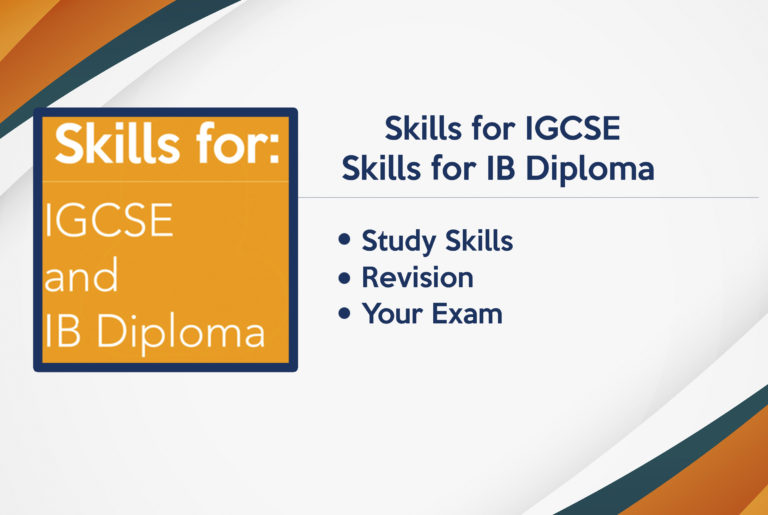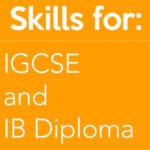Active Reading and Note-taking
I know it seems insulting to suggest how you should read, but give me just a minute or two of your time. I deliberately put “Active Reading” in the title of this piece as it does imply a different approach than you would use for reading a novel, a music review or a match report. We used to use the phrase in education a lot, though I don’t hear it mentioned anything like as much these days. But I think that’s a mistake.
“Active reading” means you are looking for things. It means you are reading in order to take out what you need. With a new book, you will often begin with the chapter headings, though you might still think that you need to use the index, or you might have gone there first anyway. You are doing this because there is something specific you are wanting to read about.
Most sections of my e-books begin with a framework for your notes, so that as you read, you can take out what you need and put it in an order that will be of most use to you. Sometimes these frameworks are placed at the end of a section because I feel there is no way of avoiding reading first, and then reading a second time to select out what it is you think you need.
I kid you not, this is a very high level skill and you will be using it at university just as I hope you will use it now.
I have mentioned my notes frameworks because, of course, active reading is closely linked to note-taking. This is also a very high level skill and a very difficult one. I need to select but what to select, and how much detail do I include?
Let’s deal with the second question first. I can leaf through some of my books and see that just about every line on some pages is underlined. It was a mistake (one we nearly all make). It was a mistake because it’s too much. I cannot go back and read a whole book again to revise for an exam or for whatever purpose that first reading was intended to serve.
For you and your exam, think about how much you can write for each of your “a,b,c” questions. Can you write ten pages? No! So don’t write ten pages of notes for just one perspective.
But still, when I’m writing up my notes they need to be targeted on just what I need. This means I have to have done some thinking first. What questions am I likely to face in my exam? This is what my notes should be directed towards. I’m a great believer in frameworks and their boxes. For example, sometimes notes can be effectively divided between a description of an event and an explanation of its significance.
For example, notes on the Treaty of Versailles would include the major elements in the treaty so that I have a framework that describes and explains their significance:
Description | Significance |
The Guilt Clause | |
Territorial changes | |
Reparations | |
Military restrictions |
I could improve on this though by adding a third column:
Description | Significance | Fair or not? |





